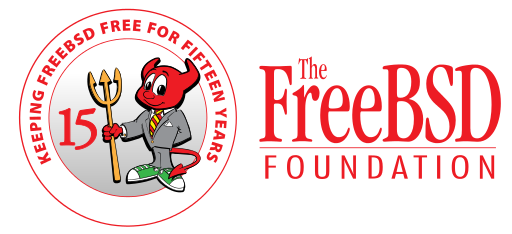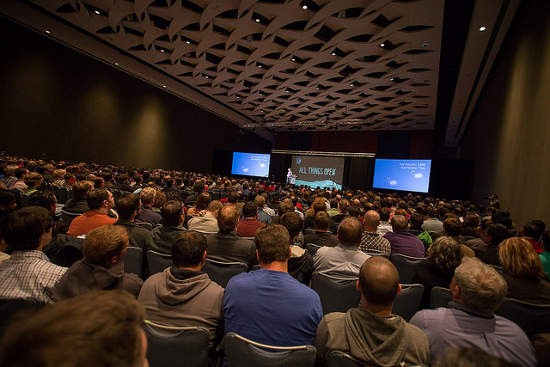Larry the BSD Guy
The BSD licensed Lumina Desktop aims to release version 1.0 in July.
It appears the sun is rising on Lumina.
Ken Moore, the lead developer for the BSD-based Lumina Desktop Environment, announced that another step towards the release of a full-fledged desktop environment for BSD variants (and Linux distros, for that matter) has been achieved with the release of version 0.8.8 yesterday.
For those of you keeping score at home, the Lumina Desktop Environment — let’s just call it Lumina for short — is a lightweight, XDG-compliant, BSD-licensed desktop environment focusing on getting work done while minimizing system overhead. Specifically designed for PC-BSD and FreeBSD, it has also been ported to many other BSD variants and Linux distros. Lumina is based on the Qt graphical toolkit and the Fluxbox window manager, and uses a small number of X utilities for various tasks.

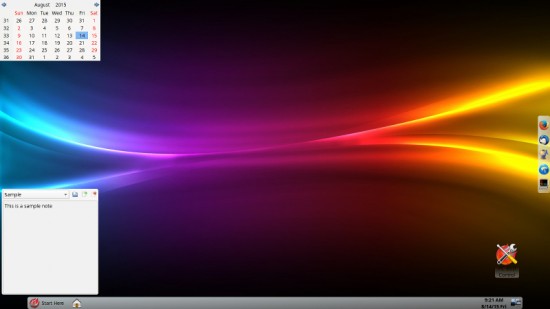

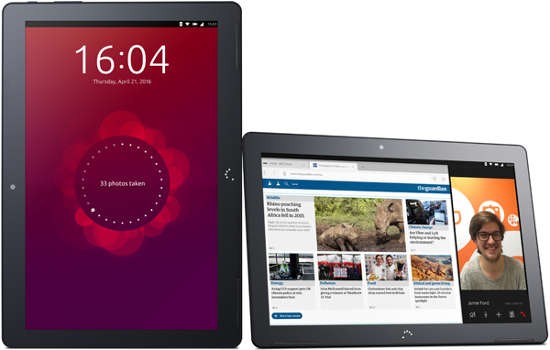


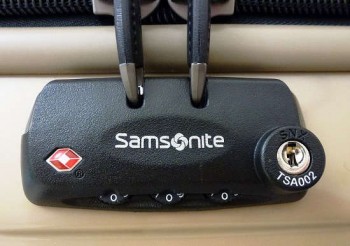
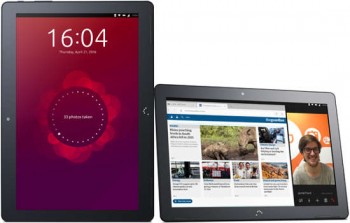 The device will be the first fully functional mobile device running Ubuntu’s mobile platform available in the U.S. Although BQ has made Ubuntu phones available to U.S. customers for some time now, they’re not compatible with U.S. carriers’ systems and offer, at best, 2G capability. The tablet is a Wi-Fi device with no cellular conductivity and so won’t be hampered in any way when used in the U.S.
The device will be the first fully functional mobile device running Ubuntu’s mobile platform available in the U.S. Although BQ has made Ubuntu phones available to U.S. customers for some time now, they’re not compatible with U.S. carriers’ systems and offer, at best, 2G capability. The tablet is a Wi-Fi device with no cellular conductivity and so won’t be hampered in any way when used in the U.S.